Tag
#Arkema
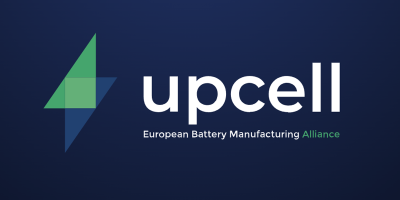
European battery manufacturers launch non-profit ‘Upcell’
22.10.2022
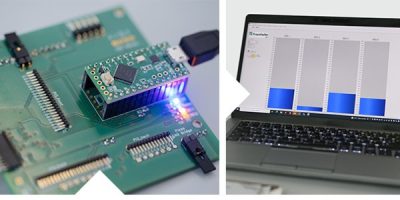
Spartacus battery research developing well
08.11.2021
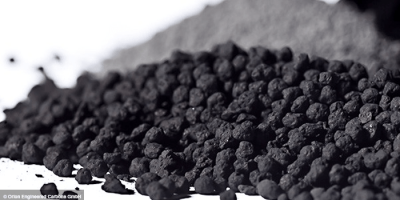
HiQ-CARB project to evaluate battery carbon materials
04.06.2021
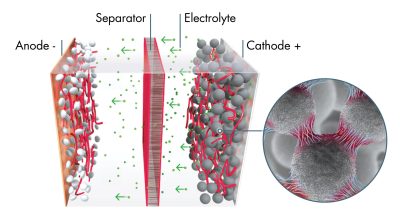
ARKEMA increases its Kynar® fluoropolymer capacities at its Chinese site
29.03.2021
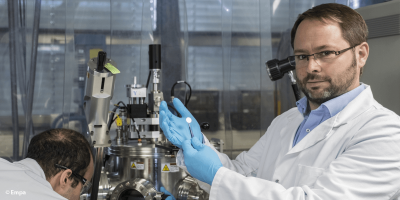
ECO COM’BAT: High power battery by Fraunhofer
01.08.2019
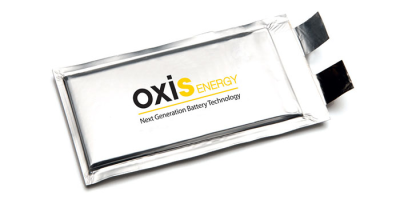
Li-S battery specialist Oxis finds new investors
03.02.2019

zecOO, SmartCarts, Arkema, new solid-state electrolyte, Li−S cathode.
13.07.2015

Last commented